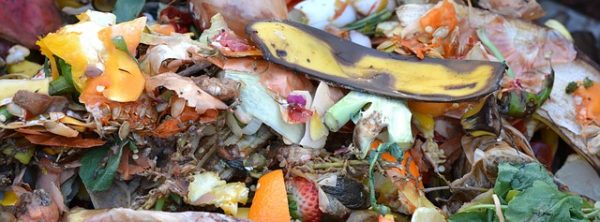
Ben_Kerckx / Pixabay
The other day I asked my mother if she remembered composting when she was growing up.
I was curious because Avita of Stroudwater, the memory care facility she now calls home, recently started composting all of its food (and paper products) waste. Jamie Bell, the dining director, told me that he thought a lot of residents probably had gardens and composted when they were younger, although they may not have called it composting.
“They may not have put
A firm believer that composting is the right thing to do for the environment, Jamie and his wife catered their own wedding reception last year and decided to use compostable dinnerware. A local composting company called Garbage to Garden supplied them with special containers that they picked up after the reception. “We just filled them up with everything,” said Jamie. “There was no trash, no plateware, nothing left to go into a landfill. They put it to good use, turned it into compost.”
Now Garbage to Garden supplies Avita with a large garbage container for Jamie’s kitchen and smaller ones for its three residential “neighborhoods”.
The way Garbage to Garden works is customers — both commercial and residential — get compost buckets for their food waste. The company picks them up on a regular basis, replacing them with clean ones. It delivers the waste to Benson Farm in Gorham, which has a huge composting operation. Composting on that large a scale means more types of compostable items can be added to the pile.
“All food scraps, including meat, bones and dairy,” explained Garbage to Garden Customer Service Rep Phoebe Lyttle. “That also includes paper products, paper towels, paper napkins and tissues and things like that.”
Customers pay for the service, but they also get a bag of finished compost each week in return. “In our courtyards we have little gardens, little beds, growing lettuces and tomatoes and cucumbers and stuff like that,” said Jamie. “And so next year when it comes time to plant again we can start tilling some of the compost.”
“We’re recovering resources as we’re sending that to all our farms to be composted and that compost can then be used to grow more food,” said Phoebe. “Rather than just sending it away to be burned or let rot in a landfill, it’s really being recovered and recycled.”
She also thinks that recycling food waste was commonplace in her grandparents’ generation. “I think it just became less and less of a habit,” she said. “And now it’s sort of coming back as people are interested in sustainability and there’s a growing interest in local food and gardening and doing what you can.”
Jamie has talked to several residents about composting and thinks they have a lot of respect for the idea. He plans to do some more widespread educating. He already meets with a committee of residents every month to talk about food, what they want and don’t want.
Just because someone has dementia and memory loss, you can never take it for granted that he/she doesn’t have an opinion. It’s often a matter of how a question is framed. For instance, during asparagus season he wanted to know how residents liked it prepared. “Instead of me asking that,” he explained, ”[I’d say] do you like it grilled? That’s an easy yes or no question. Do you like it just steamed with a little bit of butter, maybe some dill?
I found my own small committee to ask about composting memories. It was just after lunch and several residents, including my mother, were still sitting around the table.
They all thought composting was a great idea. Linda and Eleanor both remembered doing something like it as children.
“We used to go out to the yard and put the scraps in and turn them over.” said Eleanor. “You had to turn them over so it will become compost. Otherwise it’s just a pile of garbage. This way it disintegrates and you can mix up the things. My parents put it on the gardens. We always had a garden. We had a flower shop as well.”
Linda said, “ I grew up on Spring street and my grandfather always had a compost pile in his back yard. My mother would scrape our plates. It’s a good thing to do because then you can use it … the compost pile will mulch and go together and it won’t … doesn’t just rot and do nothing. You contribute it to the environment to protect the environment.”
And my mother? Well, she remembers that they fertilized the crops on her grandfather’s farm in Livermore. Only it wasn’t with table scraps. “The only compost I can remember is what they got from the barn,” she said. “You mean cow manure?” I asked. “Exactly!” she replied (emphatically.) “I always loved being up at the farm,” she added.
[Tweet “Composting is a good thing to do!”]
Do you have some happy gardening memories to share? How do you fertilize your garden today? Do you compost?
Disclaimer: Avita is a sponsor of the Catching Health blog.

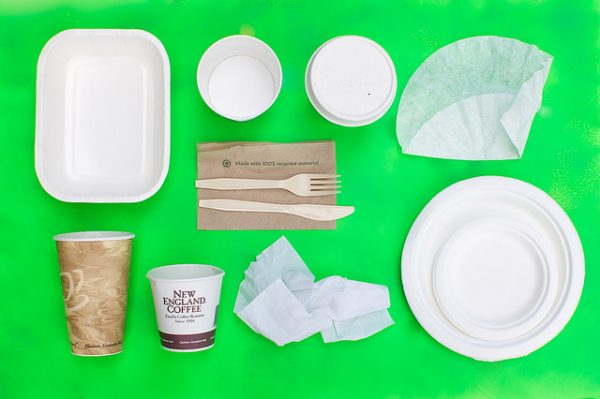
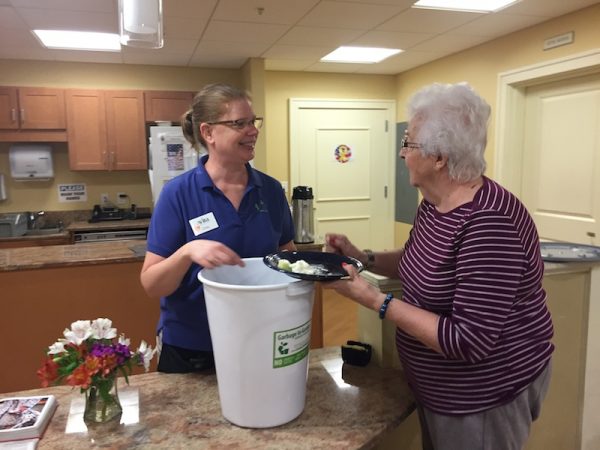
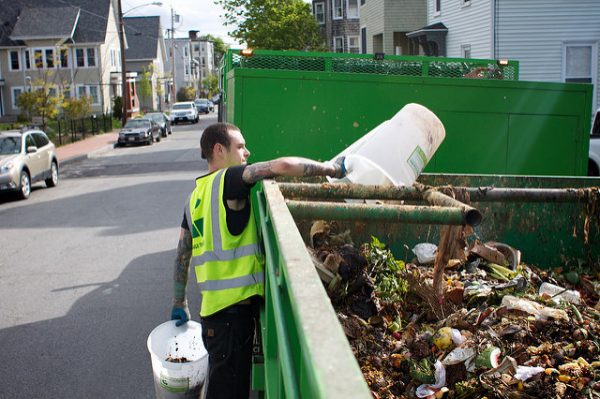
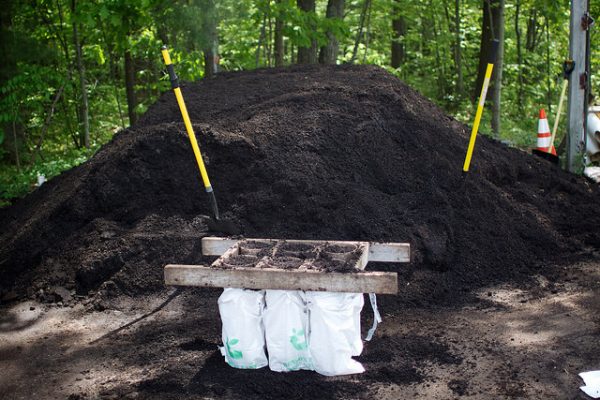
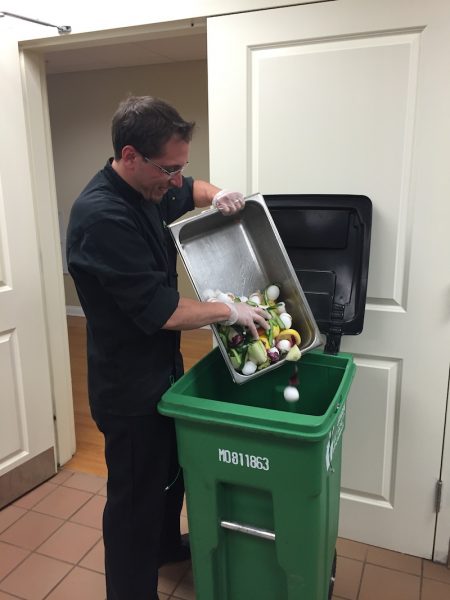
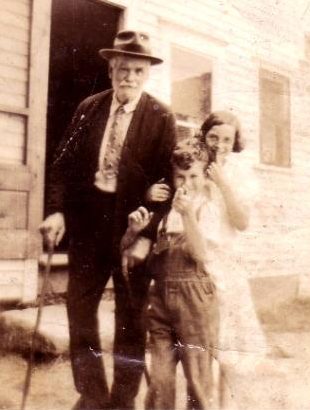
Leave A Comment